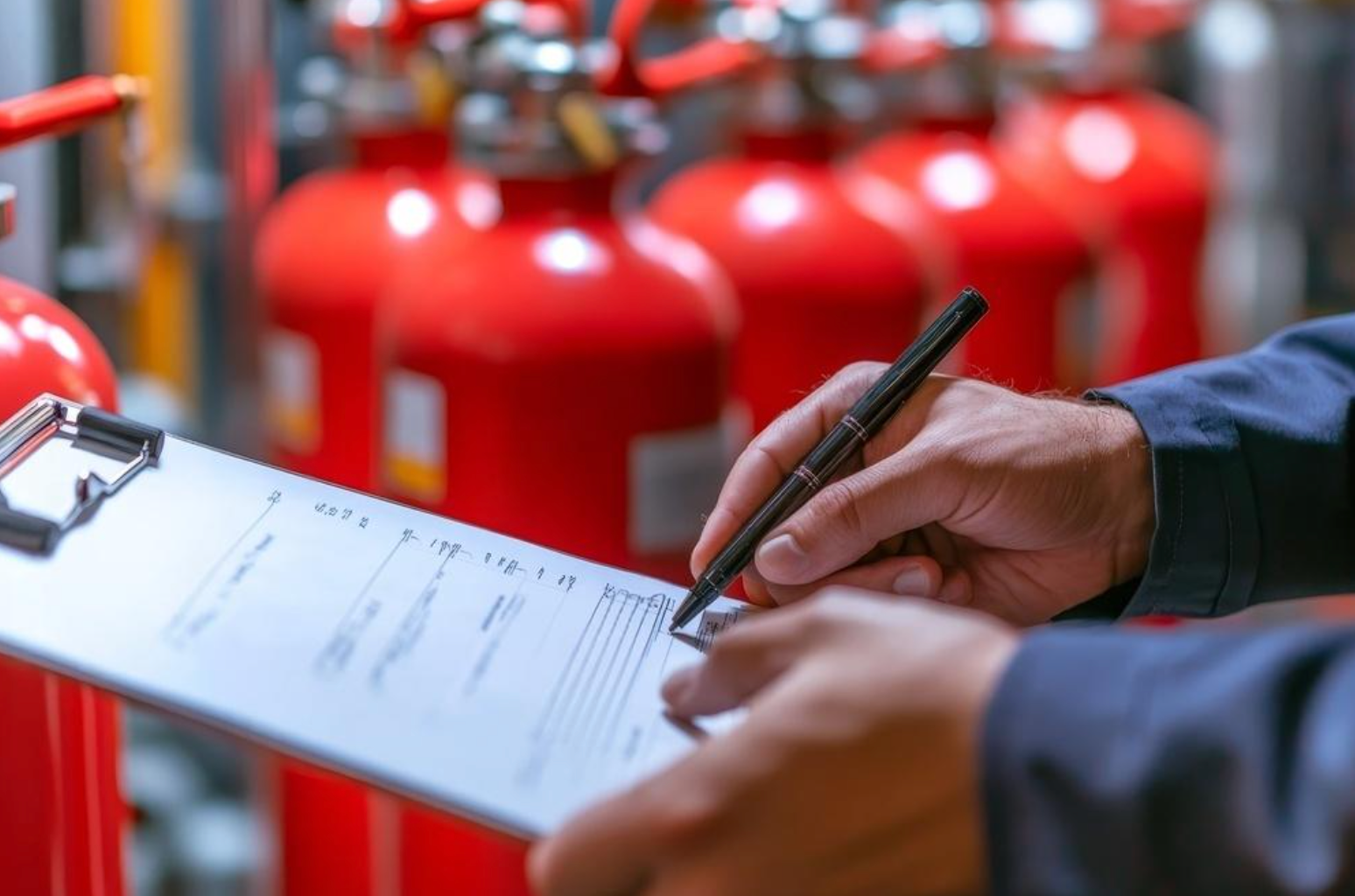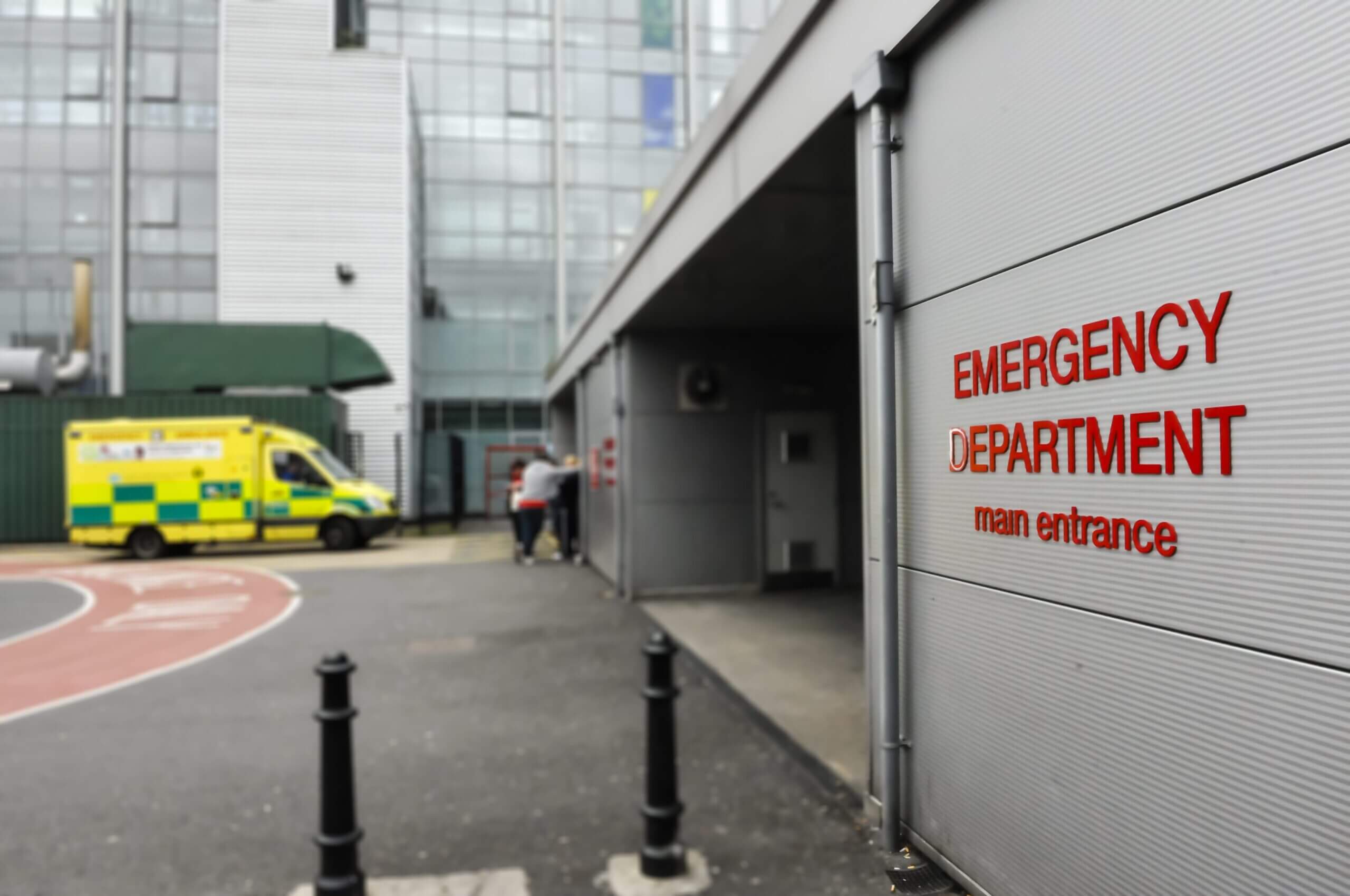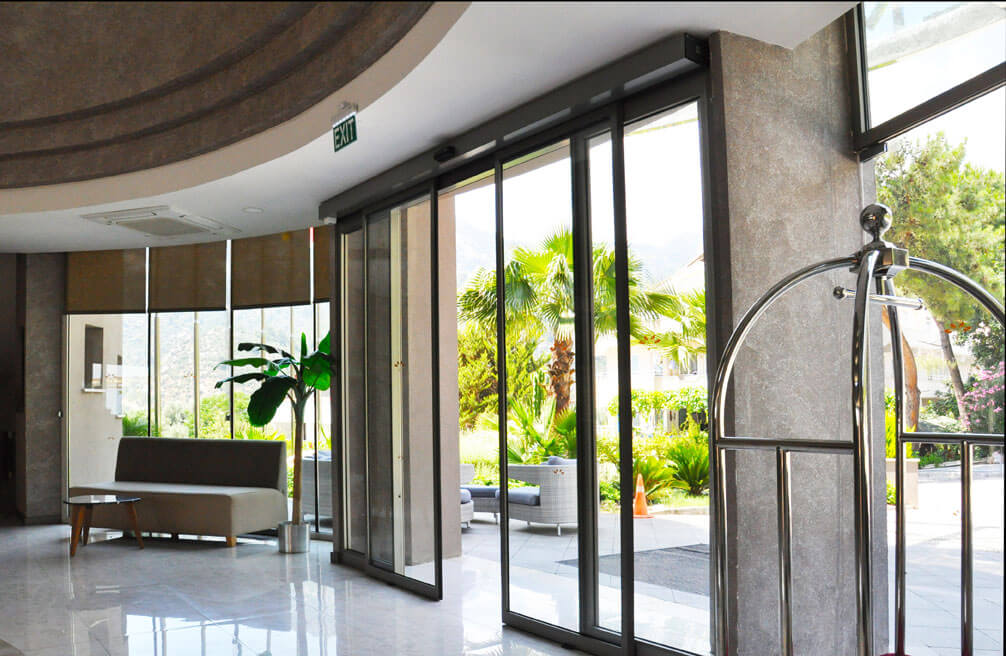Overview: A reliable fire door maintenance contract does more than tick boxes. Learn what to include, what to avoid, and how to protect your building from non-compliance or unexpected costs.
Fire doors are a legal requirement in most commercial, residential, and public buildings, but keeping them compliant doesn’t end after installation. Ongoing maintenance is essential to ensure they function properly when it matters most. That’s where a fire door maintenance contract comes in.
But here’s the catch: not all contracts are created equal!
While some offer real peace of mind, others are little more than a tick-box exercise. So how do you know if you’re signing up for the right kind of protection or just paying for paperwork?
Here’s what a reliable fire door maintenance contract should include, what to avoid, and how to make sure your building remains safe, compliant, and inspection-ready all year round.
What Your Fire Door Maintenance Contract Should Include
How Often Should Fire Doors Be Checked?
While legislation doesn’t always prescribe fixed intervals, industry best practice and regulatory guidance suggest that fire doors should be checked at least every six months. In buildings with high foot traffic – such as schools, hospitals, and shared residential blocks – quarterly checks or even monthly spot-checks may be more appropriate.
Some key factors that influence check frequency include:
- The age and condition of your fire doors
- How often they are used
- The type of environment (wet, humid, or industrial spaces may require more frequent checks)
- Any past history of failure or compliance issues
Your maintenance contract should take these variables into account. A good provider will advise on the most suitable schedule based on your building’s usage patterns – not simply offer a one-size-fits-all timeline.
Detailed Reporting & Action Plans
Every visit should come with a full report, ideally digital for easy tracking and compliance documentation. A good maintenance partner won’t just list faults; they’ll explain the risk, suggest next steps, and give you a timeframe for rectification. These reports are crucial if you’re ever audited or need to demonstrate due diligence under the Fire Safety (England) Regulations 2022.
Responsive Repairs & Replacements
Maintenance isn’t just about spotting problems but about fixing them. Your contract should include access to timely repairs, with clear turnaround expectations. Look for options that include:
- Emergency call-out availability
- On-the-spot minor adjustments
- Prioritised scheduling for urgent repairs
- Replacement of worn or non-compliant components
Contracts that separate “inspection” from “remedial works” often lead to delays and hidden costs.
Qualified, Accredited Engineers
Only competent individuals should be inspecting and repairing fire doors. Look for contracts that guarantee:
- FIRAS-certified or BM TRADA Q-Mark technicians
- Engineers who are up to date with UK regulations and best practices
- Ongoing training to reflect evolving standards
This helps ensure any work carried out is recognised under fire safety regulations and won’t risk voiding your building’s compliance.
Clear Cost Breakdown No Hidden Extras
Transparency matters. A reputable fire door maintenance contract should outline all included services, optional extras, and any charges for additional work. Ask:
- Are call-out charges included?
- Are reports part of the standard package?
- Is hardware replacement priced separately?
If it’s vague or overly complicated, that’s a red flag.
Also Read >> How to Tell if Your Fire Door is Compliant
What to Avoid in a Fire Door Maintenance Contract
Vague Service Descriptions: If a contract promises “regular checks” without specifying frequency or detail, walk away. Ambiguity leaves you exposed – both legally and practically.
One-Size-Fits-All Packages: Every building has unique needs. A blanket contract that doesn’t account for building type, occupancy levels, or usage patterns is unlikely to deliver effective protection. Look for contracts tailored to your environment.
Lack of Regulatory References: If the provider can’t clearly explain how their inspections align with BS 9999, BS 8214, or the Fire Safety (England) Regulations, that’s a concern. Fire door compliance is highly regulated – your provider should know the standards inside out.
No Follow-Up Support: Spotting issues is only half the job. If the contract doesn’t include or at least offer – support for repairs, replacements, or follow-up visits, it could leave your site non-compliant for weeks.
Why the Right Contract Matters
Fire door failures are one of the most common issues identified during fire safety audits. A door that doesn’t close fully, has worn seals, or has been altered incorrectly can fail to protect life or property during a fire.
The right maintenance contract helps you:
- Stay legally compliant
- Reduce long-term repair costs
- Keep building occupants safe
- Pass audits with confidence
This isn’t just box-ticking but a risk management.
Tailoring Contracts for Different Building Types
Not every fire door maintenance contract should look the same – because not every building does. The risks, regulations, and wear patterns vary significantly depending on use, occupancy, and layout. A school, for instance, will likely require more frequent checks due to high foot traffic and potential for impact damage. A hospital or care facility might need additional considerations for accessibility, smoke control, and emergency access.
For multi-occupancy residential blocks, regular inspections are essential to ensure communal escape routes are never compromised. In contrast, office buildings may require fewer checks but must still comply with fire safety legislation and insurance requirements.
The best contracts are not just compliant – they’re bespoke. They should be built around your building’s daily use, user behaviour, and legal responsibilities. A good provider will take the time to understand your environment and recommend a tailored inspection and maintenance schedule accordingly.
A Note from Capital Fire Doors
At Capital Fire Doors, we believe fire door maintenance should be straightforward, transparent, and tailored to your building’s needs. While we won’t oversell, we will always advocate for contracts that do the job properly because when it comes to safety, cutting corners isn’t an option.
Final Thoughts
A good fire door maintenance contract should give you more than a piece of paper – it should offer clarity, confidence, and compliance. By knowing what to look for and what to avoid, you’ll be better equipped to protect both your building and its people.
Because when fire safety is on the line, the right detail makes all the difference!





